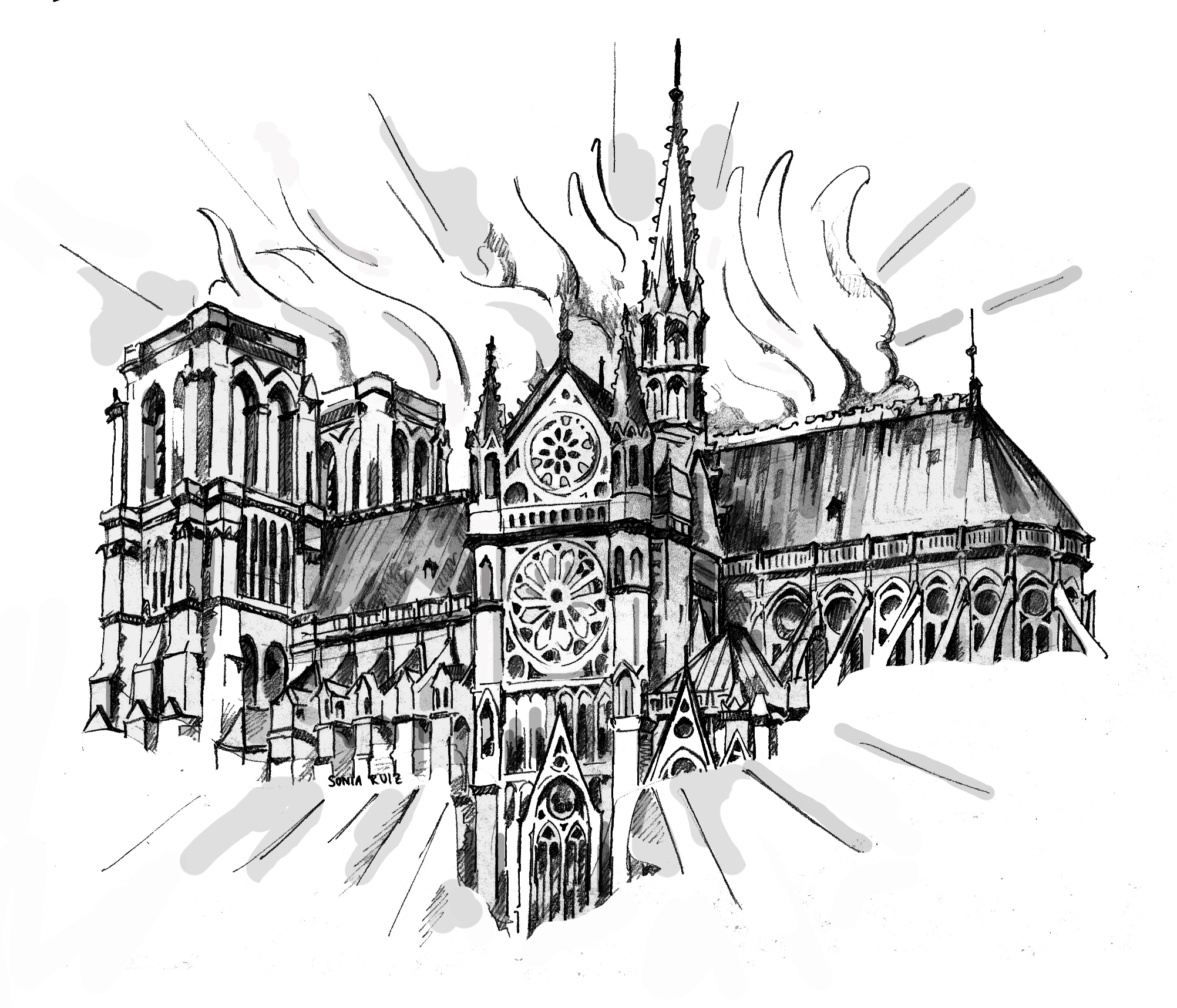
Throughout middle school, I carpooled with two girls from the neighborhood: Maddy Geesen and Christine Albertson. Christine once tested in science class to see if the color of a printed letter could make it stay upright rather than flip upside down when put under a water glass because the teacher suggested it when defining “hypothesis.” Maddy only spoke when first spoken to, and then, it was softly. They say we get it from our parents.
During morning carpool, Christine’s mom walked Christine to the car from their front door. She held her backpack the whole way and loaded it in after her, kissed Christine on the forehead. Even my parents called this woman “Christine’s mom.” I’ve never heard her first name.
Maddy’s mother portioned out Maddy’s snacks with small hot pink Ikea cups until she grew out of training bras. This mother once told mine that she did a shit job of raising children. She also told the neighborhood ladies, so they could unanimously ignore my mother on the street. In this way, Maddy’s mom was a bitch. But, she was one of those bitches you can’t fully hate in fear that it will crush her. We all know a woman like her: the woman who wears knee-length cloth skirts in pastel floral prints with Old Navy boatneck shirts that serve to say: “my husband fucks me with his eyes closed while I read the Wall Street Journal on my iPhone.” At twelve, it wasn’t her clothes that told me this but her saggy adult bangs and her flat-footed way of walking towards Maddy with concerned eyes if she proposed crossing the street to ask for an egg.
On the other hand, Christine’s mom and I brawled out in the open. Sure, I was twelve, and she was old, but the hatred was mutual, and it was loud. We’d ride home from school, the two of us up front, the girls in the back. One morning after an especially harmful episode of fires she commented, “What a shame.” I bristled. I asked how she will ever start something new when she’s focused on all that’s gone. I cocked an eyebrow, put on a solid voice, looked her in the eye and rattled facts about shrub growth. I told her: “Fire clears the weaker trees and shrubs below which allows the more prominent ones increased access to soil nutrients.” I’d read this in the “reading corner” in National Geographic Kids. “Additionally,” I lilted my voice to tell her, “healthy amounts of fire maintain the level of shrubbery to prevent more catastrophic fires later down the line. Anyway, why are you so opposed to change?”
She stopped outside my front door, and I ended my argument: “Thank you very much Mrs. Albertson, see you in the morning.”
A year later, I left home for boarding school, then for University. Now, I’m studying in London where my mother has come to visit me. My mother’s boyfriend is English, so she calls me “love.” I hate it when she does but know that it’s well-intended.
Last night my mother and I walked together through Regent’s Park where she took me when I was one year old. At that time, we’d tagged along to my father’s business trip. The escalators in the tube were still wooden slabs of a few inches that you perched on rather than standing on a full step to exit a station. My mother told me strangers would stop to pet my fluffy blond hair. I told her about my recent travels, about flying to Cairo on a ticket for the wrong day. She tugged me down from the story like child fingers at a kite when she said, “You really are my daughter, aren’t you love?”
I walked her to the bus stop and waited, so she’d board the bus headed in the correct direction. Then, I walked home to fix dinner. That’s when I heard about Notre Dame burning.
There was no postboy yelling “extra, extra” in the street, though I imagine the drama if there had been. Instead, there’s traffic outside the window that we hear from our perch on the kitchen counter. We hang our feet off the ground to avoid a mouse. We read the news about Paris on our phones, watched a grainy video clip, made tea.
Some people mourn, some scoff. What’s more important are the black churches in Louisiana. What’s more important is reuniting refugees. What’s more important is restoring the art, building new art, funding education, feeding the hungry, peace. We’re existing in a critical point when much of what we knew is crumbling through natural disaster, human violence and political turmoil. We are the children of bitches: colonialism, slavery, fossil fuels, genocide, fracking, war. The fire can clear away the shrubs and allow the strong bits to grow again. This is the best we can hope for, an untaught child insistent on teaching herself.
Julia Leatham | julia.Leatham@yale.edu .







